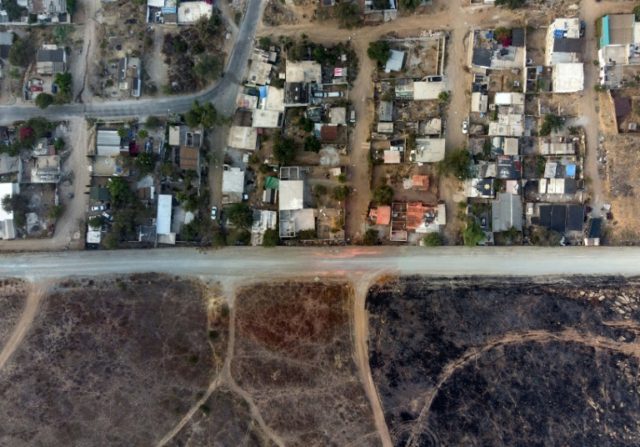Amid a cartel turf war featuring daily homicides throughout Tijuana, local Deputy Attorney General Jorge Alberto Álvarez Mendoza acknowledged that only 2 percent of cases end in convictions.
During an interview with local media, Álvarez Mendoza explained that one of the many problems prosecutors face is defense lawyers’ use of delay tactics. The official said his office has only begun murder cases dating back to 2016. Prosecutors are offering shorter plea deals, yet are still rebuffed by defendants’ legal teams. The hardball negotiation tactics are causing case backups in courts.
After Tijuana broke all-time homicide records in 2018 with 2,000 and counting, Álvarez Mendoza said his office will target street-level drug sales since most murder victims are involved in such matters. He expects to process the cases within three months and added that more than 70 drug dealers were arrested in September and will remain in custody pending further hearings.
Breitbart News reported extensively on the record-breaking number of homicides in Tijuana. In mid-September, the previous record set in 2017 was surpassed at 1,781. Over the past weekend, Breitbart reported when the 2,000 mark was reached. The unofficial count as of Monday is 2,065.
Breitbart News spoke with local law enforcement contacts who said that a main factor for cartel violence is the low risk of apprehension. Most experts acknowledge that a very small number of criminals are responsible for the overwhelming majority of violent cases. It is believed there is a group of cartel gunmen carrying out the hits. At this rate, there appears to be a greater chance of their stopping due to contact with a rival killing squad than encounters with law enforcement.
The bloodshed is generally related to turf wars involving Cártel Tijuana Nueva Generación (CTNG), aligned with El Cártel de Jalisco Nueva Generación, against the Sinaloa Cartel. In some areas, rival factions within the Sinaloa Cartel are fighting for control of the lucrative street-level markets and smuggling routes into the United States. Those involved in the killings are primarily low-level dealers, lookouts, customers, and enforcers. Many of the street-level dealers are targets of rip-crews looking for cash and drugs.
Robert Arce is a retired Phoenix Police detective with extensive experience working Mexican organized crime and street gangs. Arce has worked in the Balkans, Iraq, Haiti, and recently completed a three-year assignment in Monterrey, Mexico, working out of the Consulate for the United States Department of State, International Narcotics and Law Enforcement Program, where he was the Regional Program Manager for Northeast Mexico (Coahuila, Tamaulipas, Nuevo Leon, Durango, San Luis Potosi, Zacatecas.)

COMMENTS
Please let us know if you're having issues with commenting.